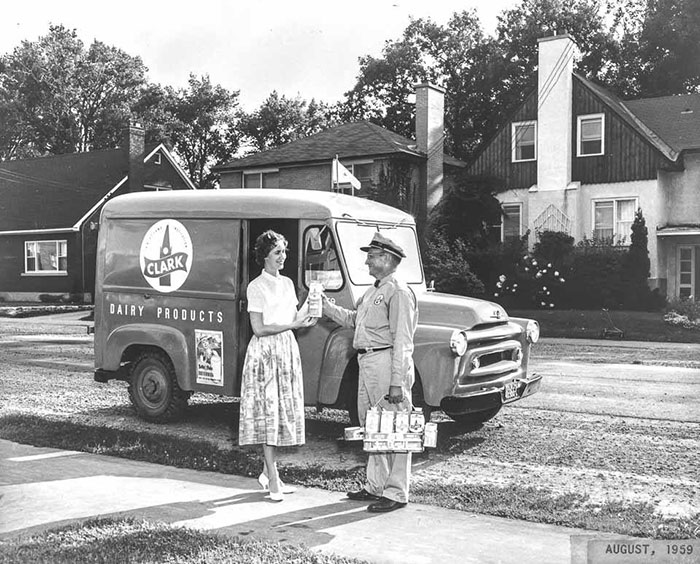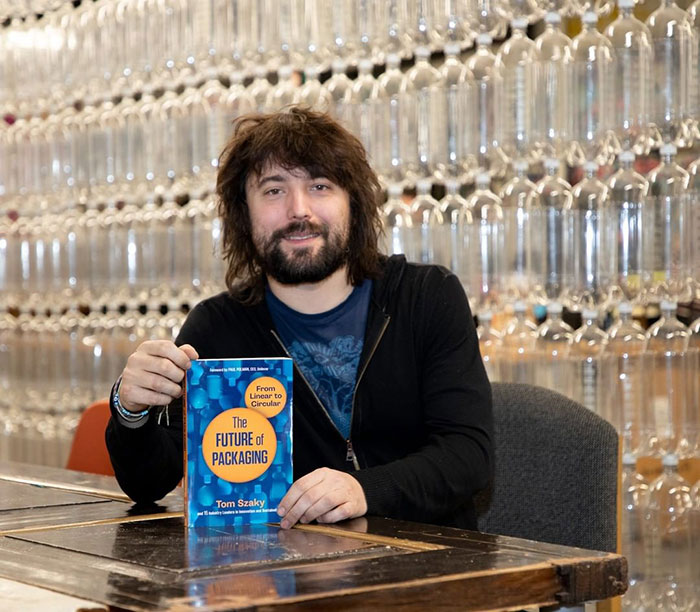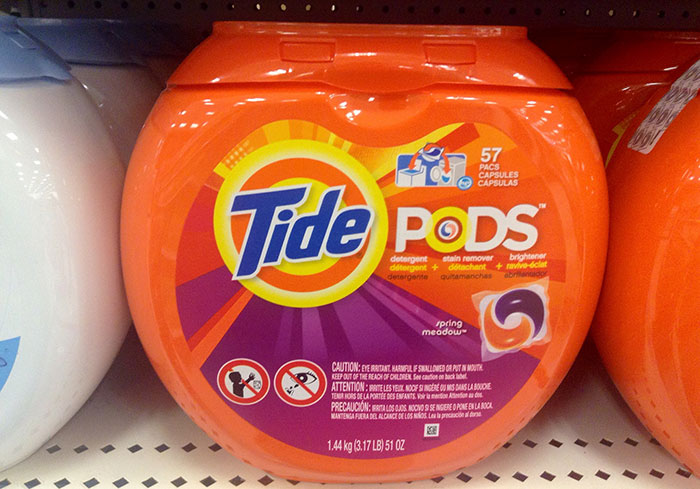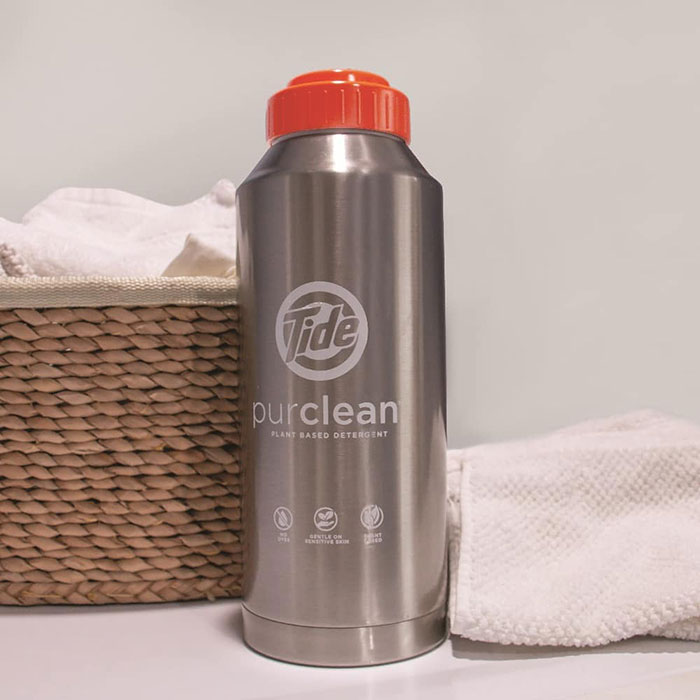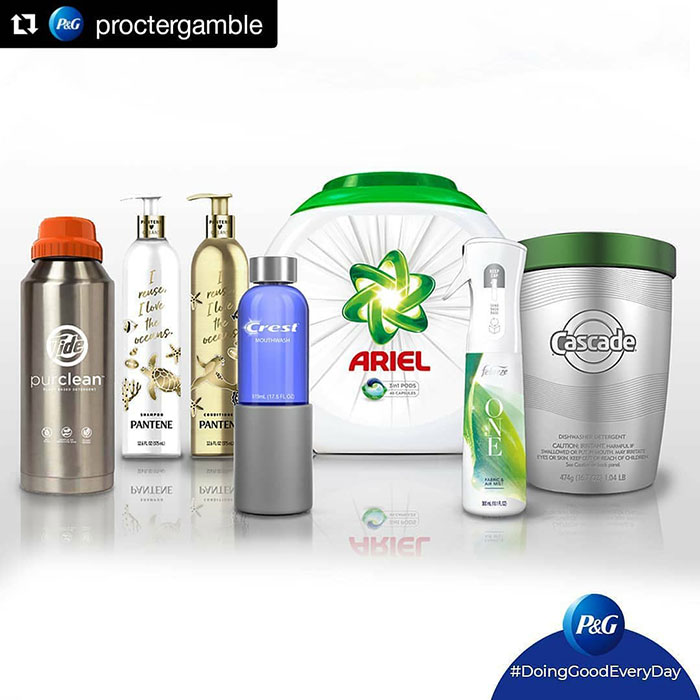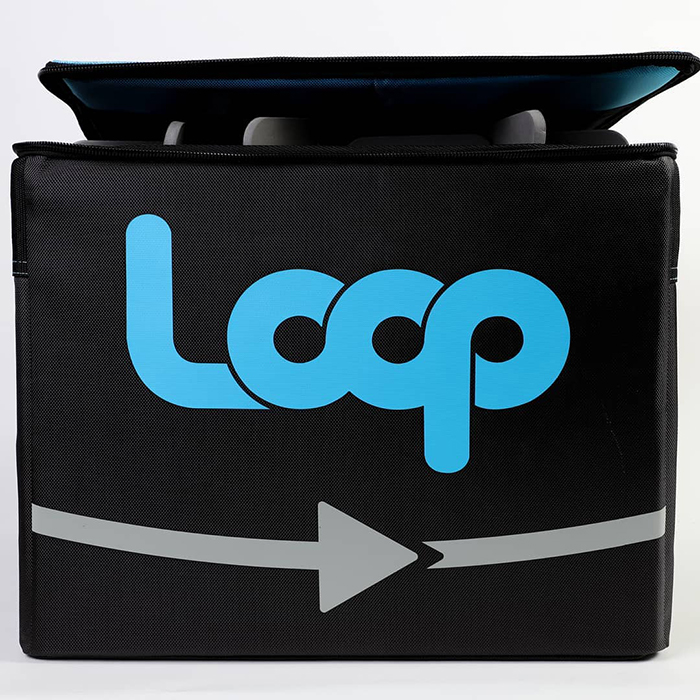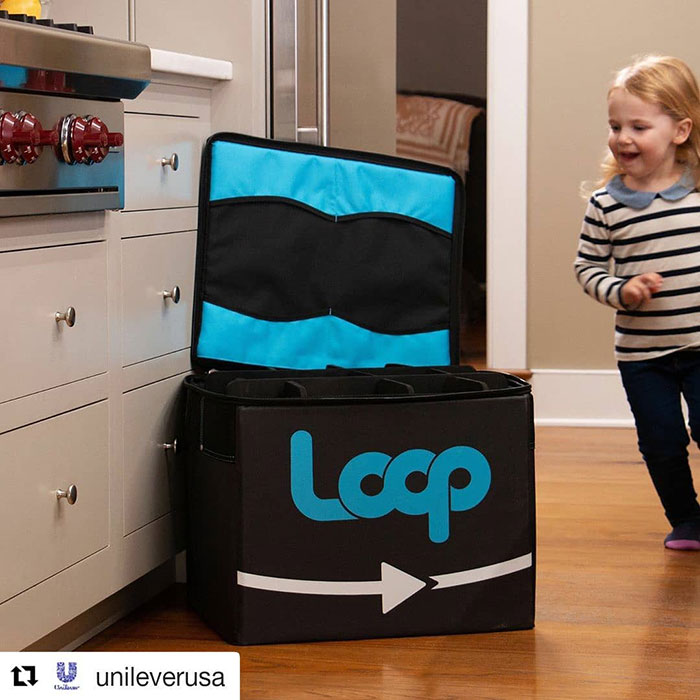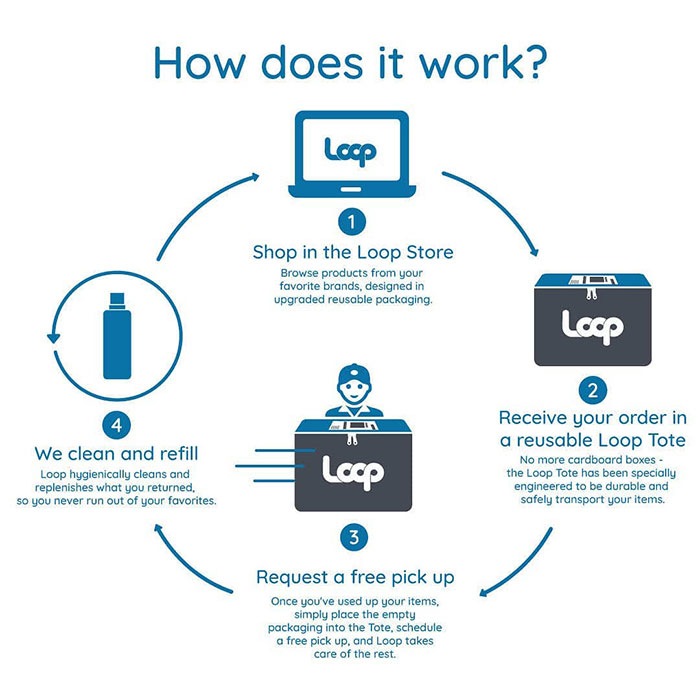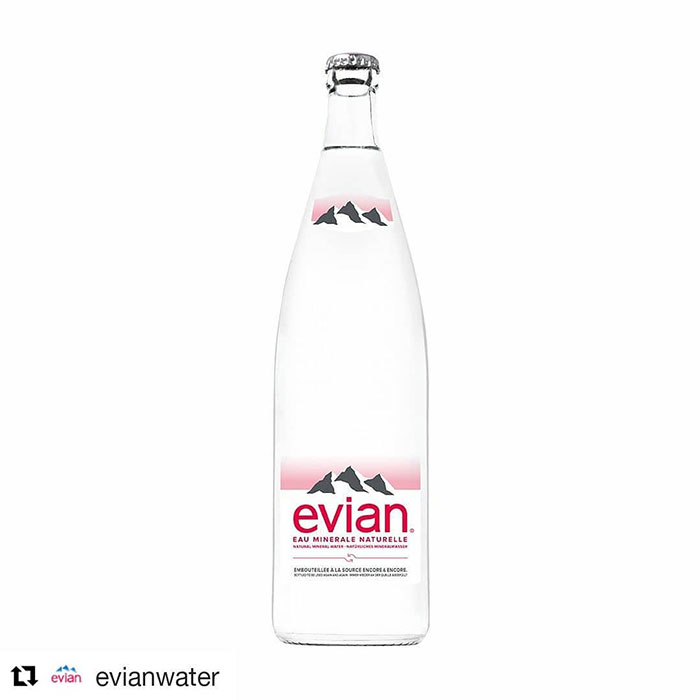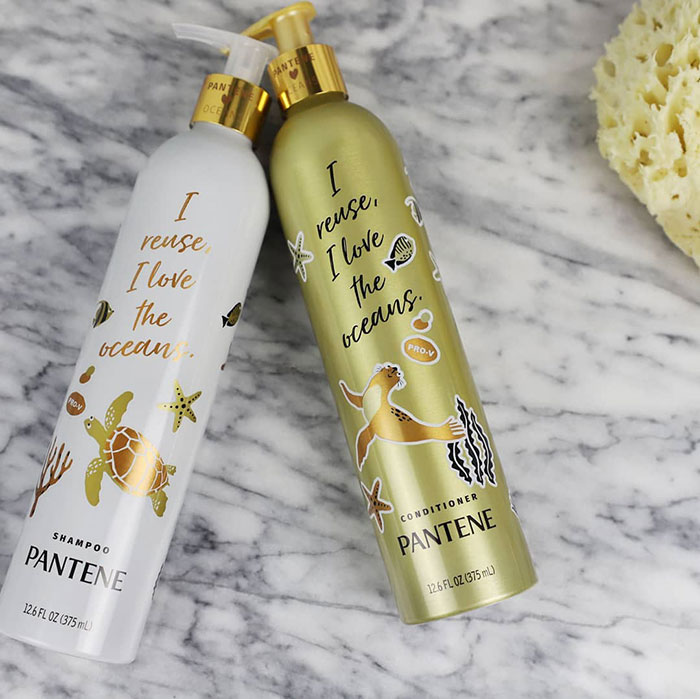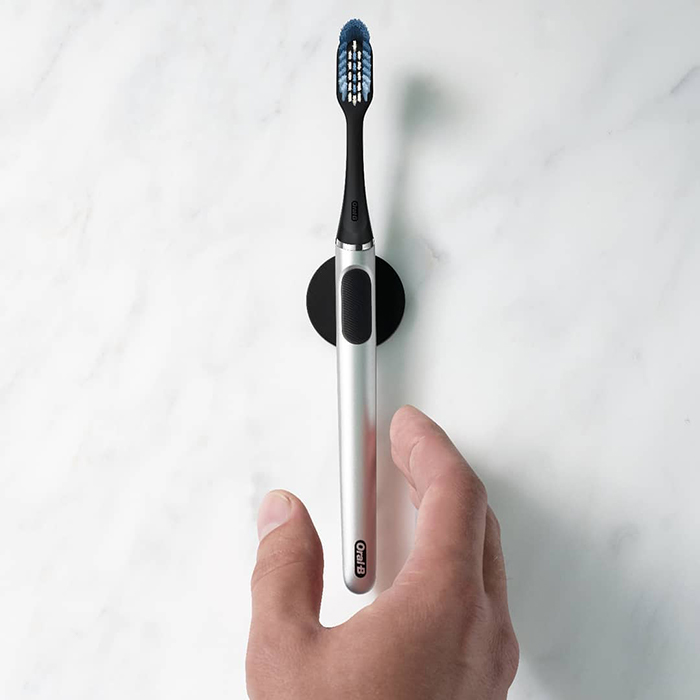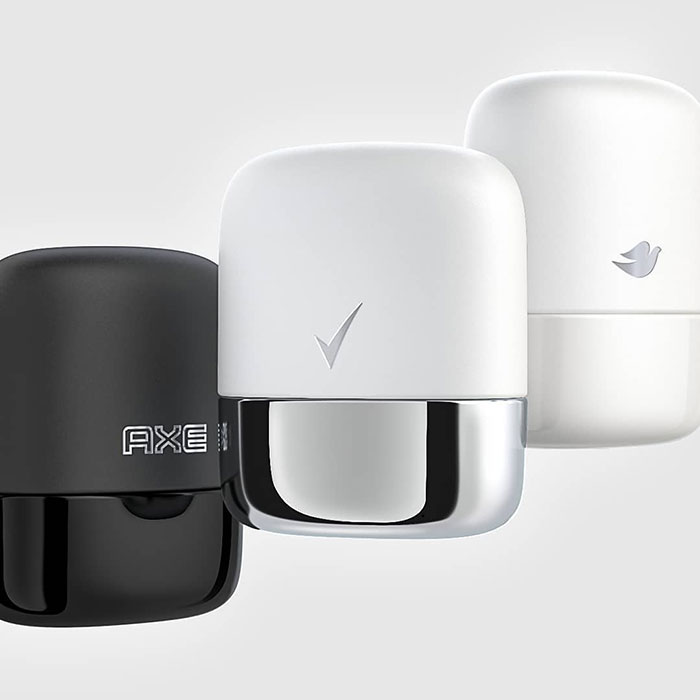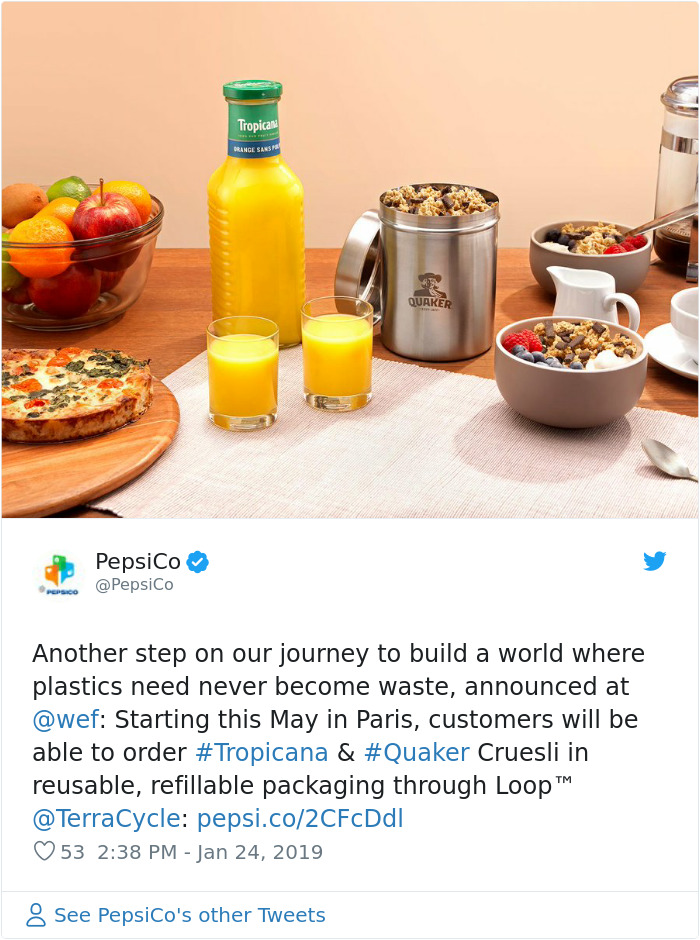10 world-changing solutions that inspired the most hope in 2019
Our most popular profiles of projects focused on improving the world, from climate to plastic waste to homelessness to housing.
The world could seem like a hard and hopeless place on many, if not most, days in 2019. In spite of that feeling, there are people who are devoting their time to trying to do good work, and we try to bring you those stories when we can.
Of the thousands of people and projects we profiled this year in Fast Company‘s Impact section, a few stories really struck a chord with readers, and so we’re collecting them here for you. Perhaps they’ll make you feel compelled to do something similar yourself. Perhaps they’ll just make you a little more hopeful about the future.
They range from a village of 3D-printed houses to a young man reaching the next step in his years-long quest to clean up the ocean and from cities finding ways to end homelessness to cities finding ways to end driving. See what inspires you.
A COALITION OF GIANT BRANDS IS ABOUT TO CHANGE HOW WE SHOP FOREVER, WITH A NEW ZERO-WASTE PLATFORM
As the world’s attention turned to single-use plastic this year, many companies began offering plans to cut back on their waste streams. But one of the boldest plans involved many companies—including giants like Unilever and Proctor & Gamble—joining forces to both eliminate packaging and change how we shop. The new project, called Loop, was organized by recycling company TerraCycle. Each item available for delivery on Loop comes in a reusable package, like ice cream in a stainless steel pint container. When you’re done, you return it to Loop to be cleaned, refilled, and sent back to another customer. Read more.
3 CITIES IN THE U.S. HAVE ENDED CHRONIC HOMELESSNESS: HERE’S HOW THEY DID IT
A program called Built for Zero uses a combination of intense data and cross-department meetings to track homelessness. “By ending homelessness, we mean getting to a place where it’s rare, brief, and it gets solved correctly and quickly when it does happen,” Rosanne Haggerty, president of Community Solutions, the nonprofit that leads the Built for Zero program, told us. “That’s a completely achievable end state, we now see.” The nonprofit calls this goal “functional zero,” and it’s already proved effective in places like Bergen County, New Jersey, and Abilene, Texas. So far, nine communities have reached the goal of “functional zero” for veteran homelessness, and three communities have reached the goal for chronic homelessness. Read more.
THE WORLD’S FIRST 3D-PRINTED NEIGHBORHOOD NOW HAS ITS FIRST HOUSES
New Story is a nonprofit that used to build houses in the developing world the old-fashioned way. But wanting to speed up and smooth out that process, it worked with construction company Icon to develop a giant 3D printer capable of generating the walls of an entire 500-square-foot house in 24 hours. After that, workers add doors, windows, and roofs. The first community of homes is currently being built in Mexico, and the organization is now exploring the idea of bringing the technology to the U.S., as well. Read more.
THIS STARTUP WANTS TO PUT A FREE TINY HOUSE IN YOUR BACKYARD
Backyard houses won’t fix California’s housing crisis, but they could be an important way to get more people on limited land in cities. Because a new California law has made it easier to get the permits to build such structures, there’s a lot of hope for their growth. But it’s still a lot of work with big upfront costs to get a contractor to build you one. Rent the Backyard wants to make it easier: it will handle the building of what’s called an “accessory dwelling unit,” or ADU, in exchange for splitting the rent with the homeowner. Read more.
The Norwegian capital removed 700 parking spaces and replaced them with bike lanes, plants, tiny parks, and benches. As we wrote at the time:
“A few spots are left, converted into parking for disabled drivers or EV charging, and some streets are open for delivery trucks for a couple of hours in the morning. Emergency vehicles still have access. But other drivers have to park in garages, and traffic restrictions help nudge drivers who don’t need to go through the city center to take a ring road around it instead. In a new zoning plan, the city is taking its intentions further, giving pedestrians, cyclists, and public transportation greater priority than private cars, and planning a network of pedestrian zones that are fully car-free.”
The city coupled this with a heavy investment in public transit, and the results are good: the air is cleaner and businesses—which were worried about the change—are seeing increased foot traffic. Read more.
Instead of using standard asphalt, Los Angeles is testing a new road material that’s made partly from recycled plastic bottles. The roads are meant to last longer, which means less time and money doing street repairs. But more importantly, it enables a machine to chew up the old road, remix it with plastic, and lay it right back down when it’s time to repave—instead of hauling away the old asphalt and trucking new material in. Read more.
After Medicare for All, the Green New Deal has been one of the most animating policy ideas of the Democratic primary. Shortly after the initial bill was introduced by Alexandria Ocasio-Cortez and Edward Markey, we took a deep look at what it could mean for transforming business in sectors from agriculture to tech to philanthropy. “The Green New Deal is a framework for exerting external pressure on industries,” Markey told us. “But it can also be a framework for internal corporate operations for every industry, and guide the discussion going forward inside every company and sector.” Read more.
‘PRESCRIBING’ FRUITS AND VEGGIES WOULD SAVE $100 BILLION IN MEDICAL COSTS
Fruits and vegetables: they’re quite good for you. But they can be expensive. A study looked at what would happen if Medicare and Medicaid subsidized the cost of fresh produce and found that it would prevent 1.93 million cardiovascular events (such as heart attacks) and 350,000 deaths, as well as cut healthcare costs by $40 billion. Read more.
LOS ANGELES IS TESTING ‘PLASTIC ASPHALT’ THAT MAKES IT POSSIBLE TO RECYCLE ROADS
Instead of using standard asphalt, Los Angeles is testing a new road material that’s made partly from recycled plastic bottles. The roads are meant to last longer, which means less time and money doing street repairs. But more importantly, it enables a machine to chew up the old road, remix it with plastic, and lay it right back down when it’s time to repave—instead of hauling away the old asphalt and trucking new material in. Read more.
HOW TO DESIGN A GREEN NEW DEAL THAT REALLY WORKS, FOR EVERY INDUSTRY IN THE U.S.
After Medicare for All, the Green New Deal has been one of the most animating policy ideas of the Democratic primary. Shortly after the initial bill was introduced by Alexandria Ocasio-Cortez and Edward Markey, we took a deep look at what it could mean for transforming business in sectors from agriculture to tech to philanthropy. “The Green New Deal is a framework for exerting external pressure on industries,” Markey told us. “But it can also be a framework for internal corporate operations for every industry, and guide the discussion going forward inside every company and sector.” Read more.
THESE TREE-PLANTING DRONES ARE FIRING SEED MISSILES TO RESTORE THE WORLD’S FORESTS
Planting trees is one of the simplest ways to sequester carbon and thus mitigate the effects of climate change. One study found that one trillion trees is the number needed to make a real dent in the problem. One trillion, though, is a lot of trees to plant. But what if we outsourced the tree planting to drones? In Myanmar, a company called Biocarbon Engineering is building drones, training locals how to use them, and then using the drones to fire seeds into the ground, helping regrow the country’s mangrove forests. Read more.
THE OCEAN CLEANUP DEVICE HAS RETURNED FROM THE PACIFIC GARBAGE PATCH WITH ITS FIRST LOAD OF PLASTIC
Boyan Slat first proposed the idea for the Ocean Cleanup machine—a giant device to collect the ocean plastic that has collected in the Great Pacific Garbage Patch—at a TEDx talk in 2012. Since then, he’s managed to raise the funds to build it, test several iterations, and finally get a functional prototype out into the Pacific Ocean. Now it’s returned, and we can see the results: 60 one-cubic-meter bags full of trash. Now that the proof of concept is done, the next step is building even bigger devices, and launching a whole fleet of them, with the goal of cleaning up half the garbage patch in five years. Read more.

